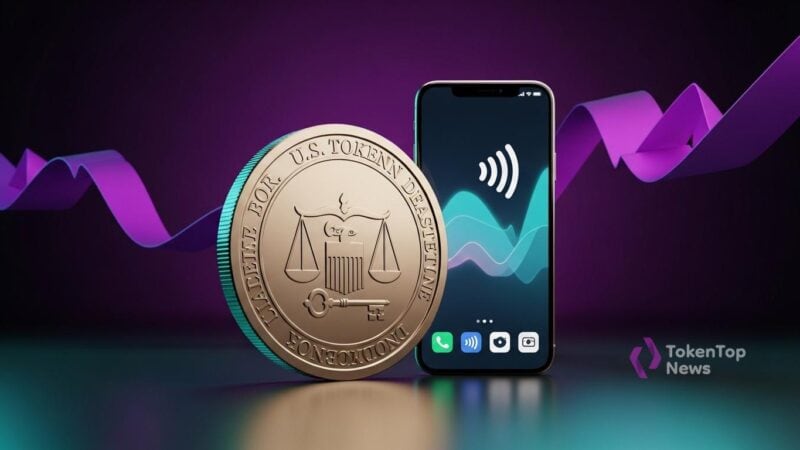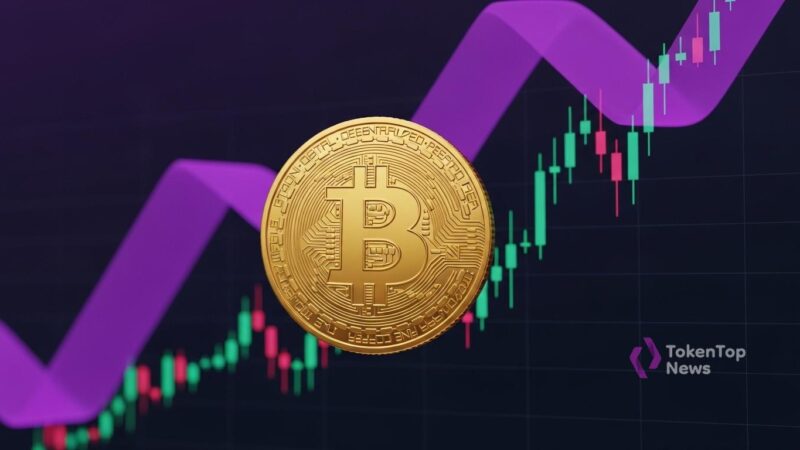U.S. Appeals Court Overturns OpenSea Manager Fraud Conviction
- U.S. court overturns OpenSea manager’s fraud conviction.
- Jury received improper property law instructions.
- Insider trading case sets new legal precedent.

The U.S. 2nd Circuit Court of Appeals overturned fraud and money laundering convictions of former OpenSea product manager Nathaniel Chastain due to improper jury instructions, impacting his previous insider trading case.
The ruling underscores ongoing legal complexities in digital asset regulation, specifically NFT insider trading, yet no market or regulatory shifts have been observed following the court’s decision.
The U.S. Appeals Court has overturned a conviction against Nathaniel Chastain, former product manager at OpenSea. The decision followed improper jury instructions regarding property law, critical in establishing fraud. This marks a significant judicial reversal.
Nathaniel Chastain, once responsible for selecting NFTs featured on OpenSea, faced charges of wire fraud. The jury’s guidance on property violation fell short, prompting the court to dismiss the original conviction based on flawed proceedings.
The ruling has had minimal immediate effect on the cryptocurrency market. No major shifts in Ethereum ETH +0.00% ’s price or on-chain activities linked to this decision have been observed, indicating market stability post-verdict.
There are no immediate financial repercussions reported by OpenSea or its investors. Additionally, regulatory bodies such as the SEC have not released statements on changes in their stance following this legal outcome.
The absence of official comments from OpenSea executives or key industry players suggests a cautious approach. The case’s legal intricacies are likely to influence future NFT-related litigation and highlight evolving property rights interpretations.
“The appeals court found jury instructions allowed conviction without proving violation of property interest.” (source: The Block)
Legal analysts propose that the decision might redefine insider trading laws within the digital asset sector. Historical trends stress the rarity of such appeals being successful, potentially leading to tighter integration of property law in future fraud cases.




